Who We Are
View macan's 2024-2028 work planMacan's
Mission
Unite and direct efforts in observing, researching, and modeling coastal and ocean acidification within the Mid-Atlantic region.
Where We Work
Our Core Functions
At the heart of MACAN's purpose lies a commitment to understanding, predicting, and mitigating the impact of acidification on our oceans and coastal ecosystems.
Enhance Understanding
MACAN seeks to deepen our knowledge of estuarine, coastal, and ocean acidification processes.
Predict Consequences
We work to predict the consequences of acidification for marine resources, ecosystems, and communities.
Enable Adaptation
MACAN assists communities and marine-based industries in preparing for and adapting to the challenges posed by acidification.
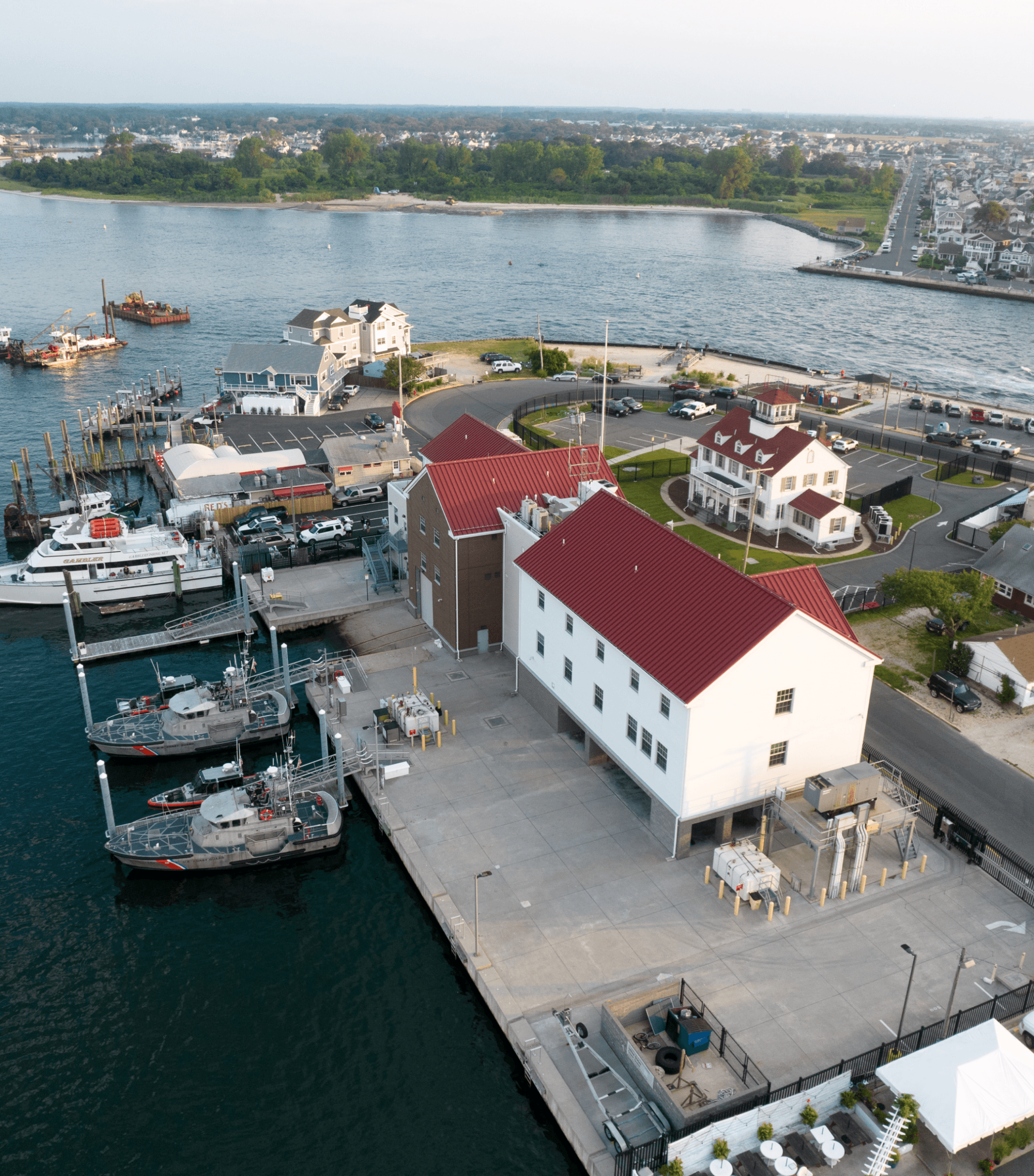
Why It Matters
Biodiversity Hub
The Mid-Atlantic is home to vital shellfish habitats and migratory fish populations that sustain economically valuable commercial and recreational fisheries. Acidification threatens these ecosystems and, in turn, our economy.
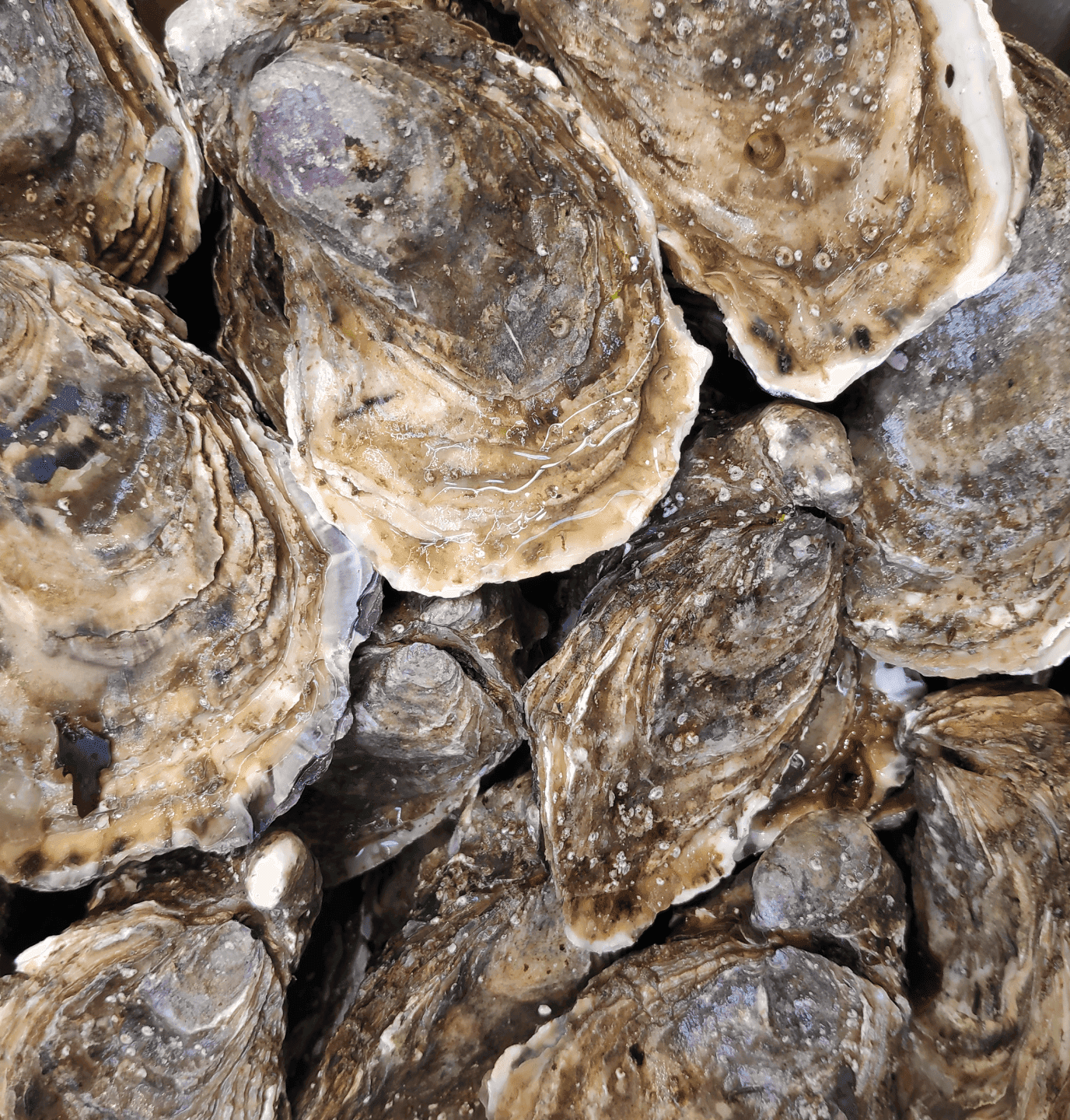
Urbanization and Acidification
Moreover, nutrient runoff from the region's densely populated and urban coastal areas exacerbates acidification in our estuaries and coastal waters.
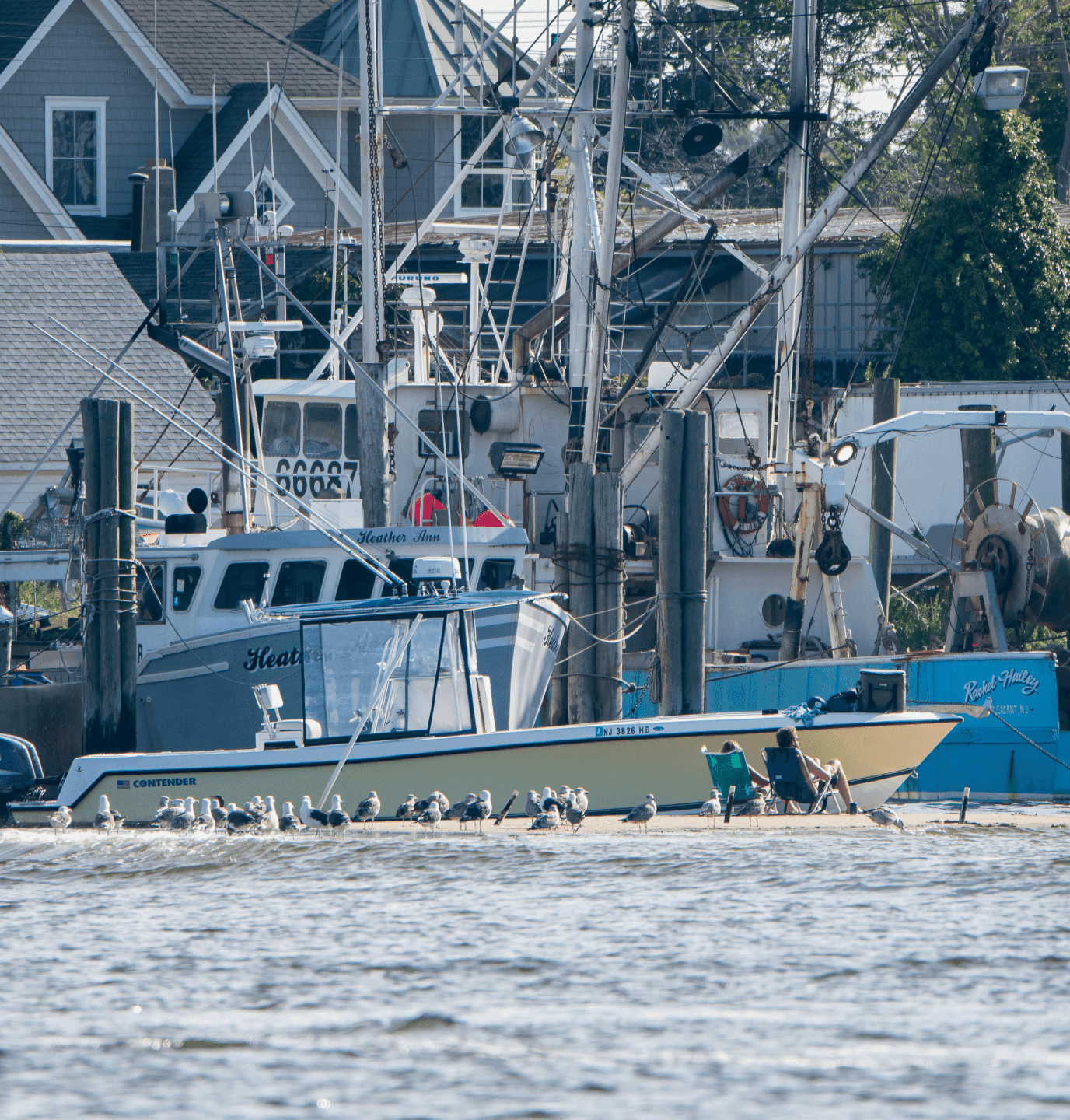
A National Endeavor
MACAN is part of a nationwide effort to combat coastal and ocean acidification. It operates under the coordination of the Mid-Atlantic Regional Association Coastal Ocean Observing System (MARACOOS) and the Mid-Atlantic Regional Council on the Ocean (MARCO).
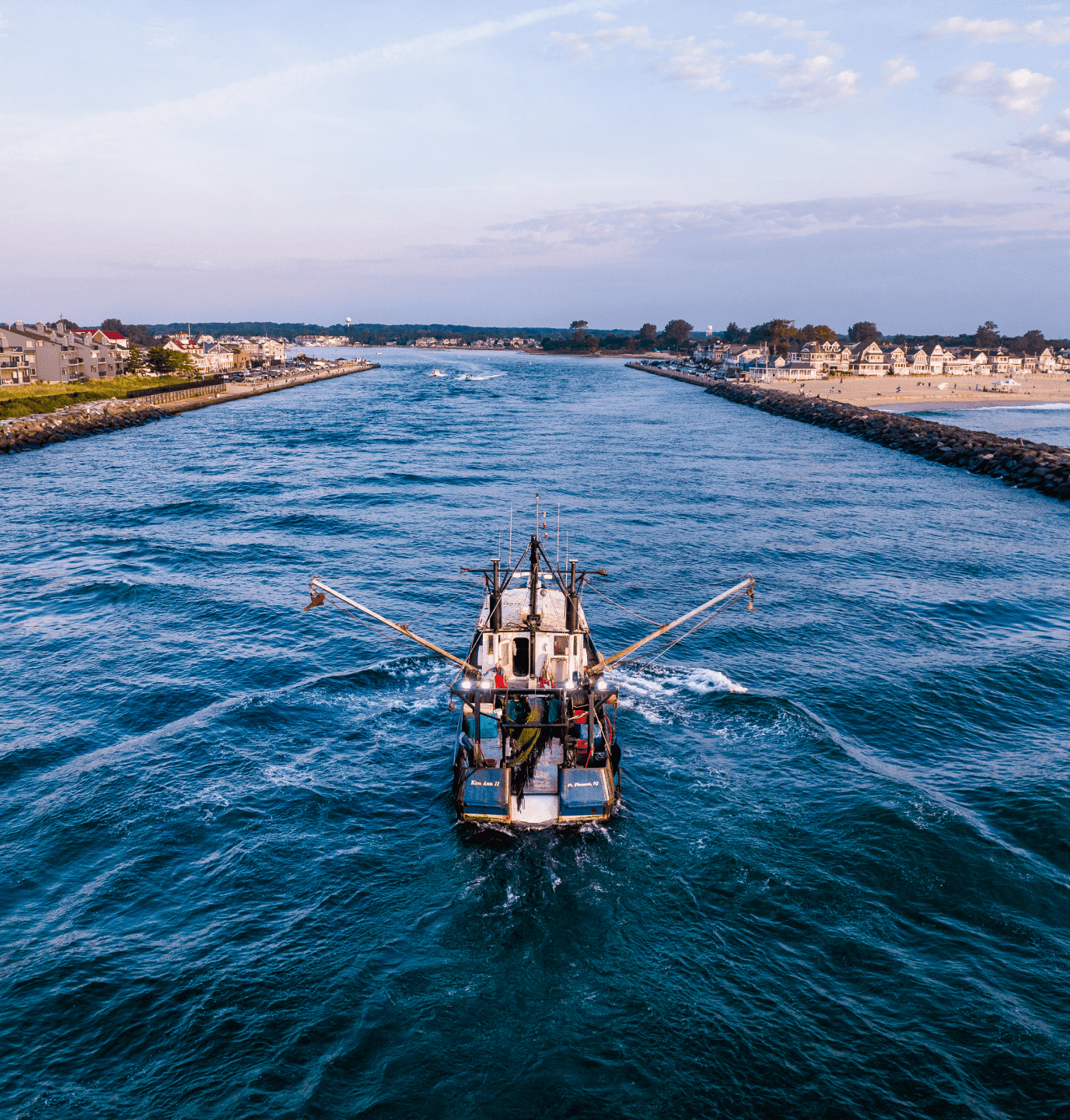
Get Involved
If you are interested in learning more about MACAN and the work we do, please sign up for our monthly newsletter. You can also read our 2024 to 2028 Work Plan.
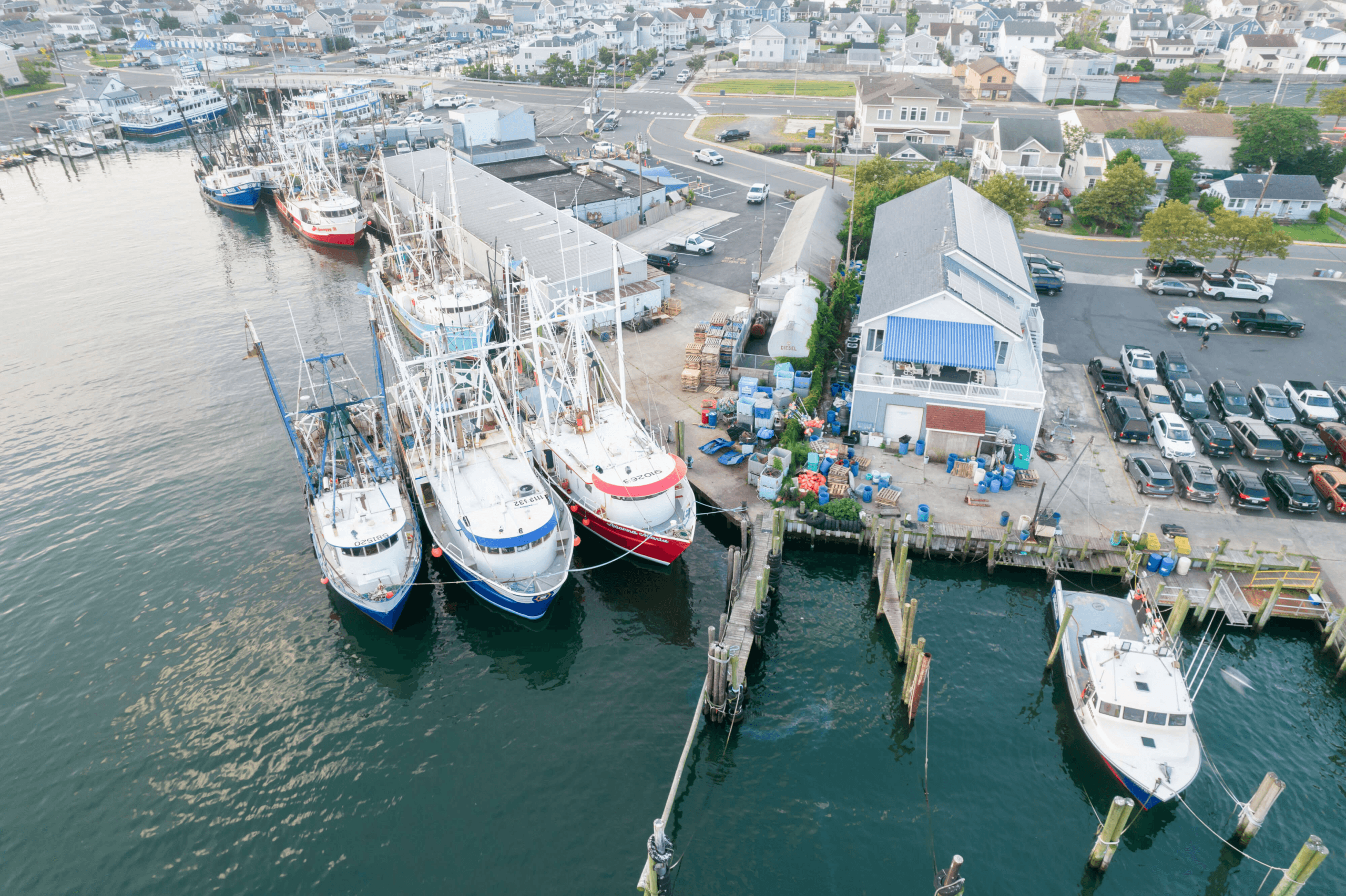
The Mid-Atlantic Coastal Acidification Network. All Rights Reserved.
